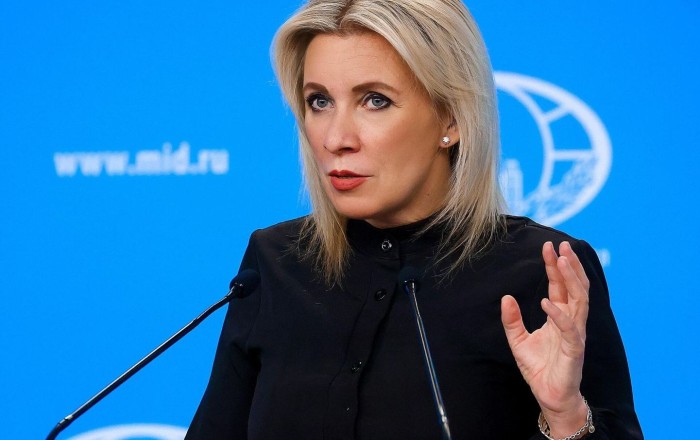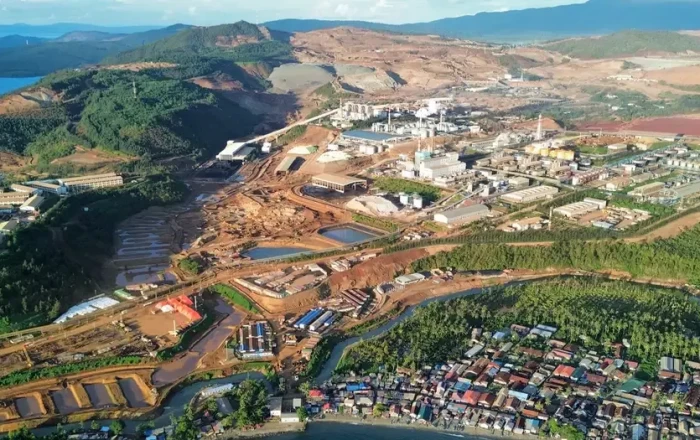CNN describes in a fresh article that the Bornean elephants, the smallest subspecies of the Asian elephant, are struggling for survival. Standing at around nine feet tall, they are now found only on the island of Borneo, primarily in the Malaysian state of Sabah. Fewer than 1,000 Bornean elephants remain in the wild, and they are classified as endangered.
Over the past 40 years, the elephants’ natural forest habitat has been reduced by 60 per cent due to logging and the rapid expansion of palm oil plantations. This deforestation has fragmented elephant populations, leaving them confined to small pockets of protected forests like the Kinabatangan Wildlife Sanctuary. This sanctuary, situated in the floodplains of the Kinabatangan River, is one of the few remaining refuges for the elephants, surrounded by vast agricultural estates.
In response, Malaysian elephant ecologist Dr. Farina Othman is working to connect these fragmented habitats by establishing corridors of wild trees through palm oil plantations. Through her organization, Seratu Aatai, founded in 2018, Othman aims to raise awareness about the elephants and reduce the growing human-elephant conflict.
As plantations expand, Bornean elephants have been forced into more frequent encounters with humans, often resulting in crop and property damage. Between 2010 and 2020, 131 elephants were killed due to human-related causes, including poisoning and retaliation killings. Othman has made it her mission to change public attitudes and encourage coexistence. “Who else can take that responsibility? I’m Malaysian, so I think it’s time for me to also try to educate and raise awareness,” she said.
Othman’s efforts were recognized this week when she was awarded the 2025 Whitley Award, which includes a 50,000-pound-prize to expand her elephant corridor project. With this funding, she plans to collaborate with plantations to create a network of safe passages for the elephants, ultimately connecting them back to wildlife sanctuaries.
By working with local farmers and educating them about biodiversity and sustainable farming, Othman hopes to reduce conflict and ensure the survival of these iconic creatures.
By Naila Huseynova
Source: caliber.az












